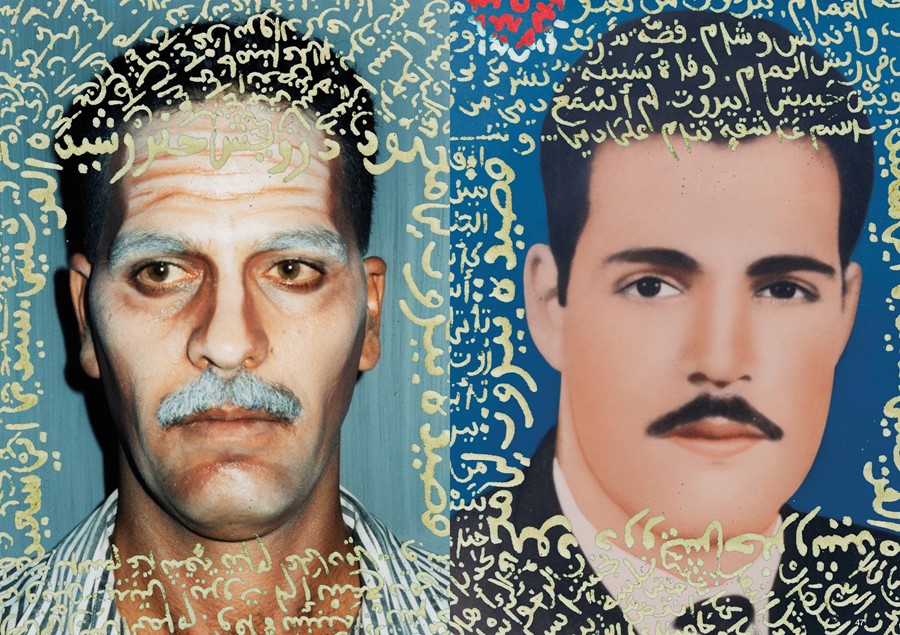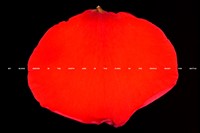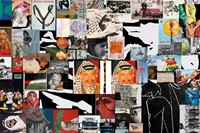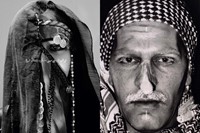Ibrahem Hasan’s 728-page book Yesterday, Come Closer explores the complexities of Palestinian life. “We’re not a monolith,” he tells AnOther
For Palestinian-American creative Ibrahem Hasan, it took a pattern on a piece of cloth to realise the power of art in activism. Before then, he remained sceptical of the idea that art could inspire actual change. “The keffiyeh was, for me, the enabler that the medium of art can change the world, and can do something special,” Hasan explains. “That singular pattern encapsulates a story for not only the resistance but a people fighting for their freedom and fighting for each other.”
Now, Hasan invites us to marvel at the delicate textures of contradiction within Palestinian collective memory with Yesterday, Come Closer, a 728-page non-linear visual, aural, and textual journal. Made in collaboration with photographers, artists and writers from around the world and the Palestinian Digital Archive (based in Jerusalem), the book features photographs – often supplemented by poetry – that traverse the realms of memory, loss, and resistance. “This is my purge. This is my healing. This is my ancestors, this is my mother. This is all of them,” Hasan says. “All of this is trying to unpack the myth of Palestine.”
Throughout the journal, Hasan comes to understand notions of home and belonging; in a Palestinian diasporic context, such notions become cyclical and contradictory in the face of settler colonialism, marginalisation, and oppression. “One page I’m talking about love and peace, and the next one, I’m just like, I think we have to fight everything and everyone,” he tells AnOther, possessing both the creative whimsy of a child at play and a steely resolve to honour his people’s struggle.
Having grown up in Chicago, Hasan is a part of the six million Palestinians living in the diaspora as a result of the 1948 ‘Nakba’, (Arabic for ‘catastrophe’), when Zionist forces expelled 750,000 indigenous Palestinians from their homes. Yesterday, Come Closer creates a narrative through the relics of Palestinian heritage, with photographs of bedouin necklaces, sling-shots that hoist rocks, vintage film stills, and traditional costumes. “There’s a lot of unearthing of stories,” says Hasan. “As much as the book is driven by visuals, it’s complemented by really beautiful sentiments, stories and voices.”
Hasan’s work insists, refreshingly, on humanisation. The collection departs from the stereotypical notions of Palestinianism promulgated by Western media, which often renders the people one-dimensional and barbaric. “We’re not a monolith,” says Hasan. “When I’m looking at who we are [in the media], I see trauma, terrorism, fighting, marginalisation … that’s what I see. But I will never take ownership of you looking at me and saying I’m barbaric, I’m a terrorist, because I don’t see my people that way. My people, my ancestors – they don’t see themselves that way. You created that noise – I didn’t.”
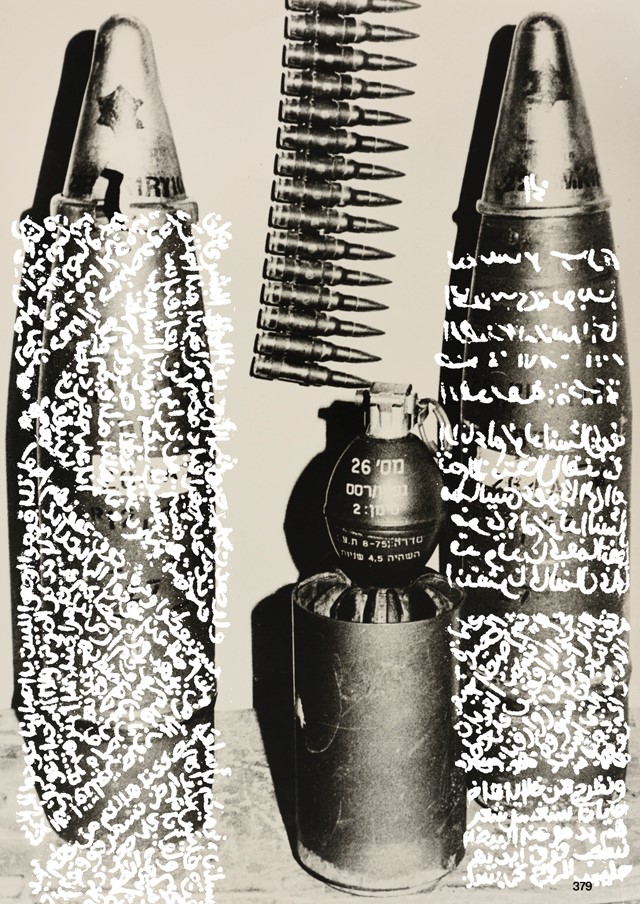
Through Hasan’s lens, the often skewed image of the Palestinian comes to life, each image feverishly distilling meaningful details of the people’s shared experiences. The collection appreciates two inherently Palestinian aspects: pain and hope. “When I look at something [for the book], it feels like a shared experience. If it’s not a shared experience, I didn’t put it in there.”
Despite the exacting toll Israel’s ongoing human rights atrocities took on the creative team, Hasan remained determined to bring Yesterday, Come Closer to fruition. The book’s release, initially slated for October, saw an overwhelming response, with over half of the 1,000 printed copies sold within two weeks. “The book shows you the complexities within the fact that all I want to do is love, and I can’t,” Hasan says. “All we want to do is really love and be with our families; that’s what’s truly important. At the end of the day, that’s what we want.”
Proceeds from Yesterday, Come Closer will directly support grassroots efforts on the ground in Palestine, providing much-needed aid to communities affected by the ongoing violence and humanitarian crises. Hasan hopes that his work will not only raise awareness and inspire empathy, but ensure tangible support to those directly impacted. “I just want you to experience what I experience. I don’t want you to feel that I have an ulterior motive. You know what my ulterior motive is, real talk?” says Hasan. “I want your money. I’m giving you this book as a gesture so that I can help my people. That’s it.”
Yesterday, Come Closer by Ibrahem Hasan is self-published, and is available for pre-order now.
